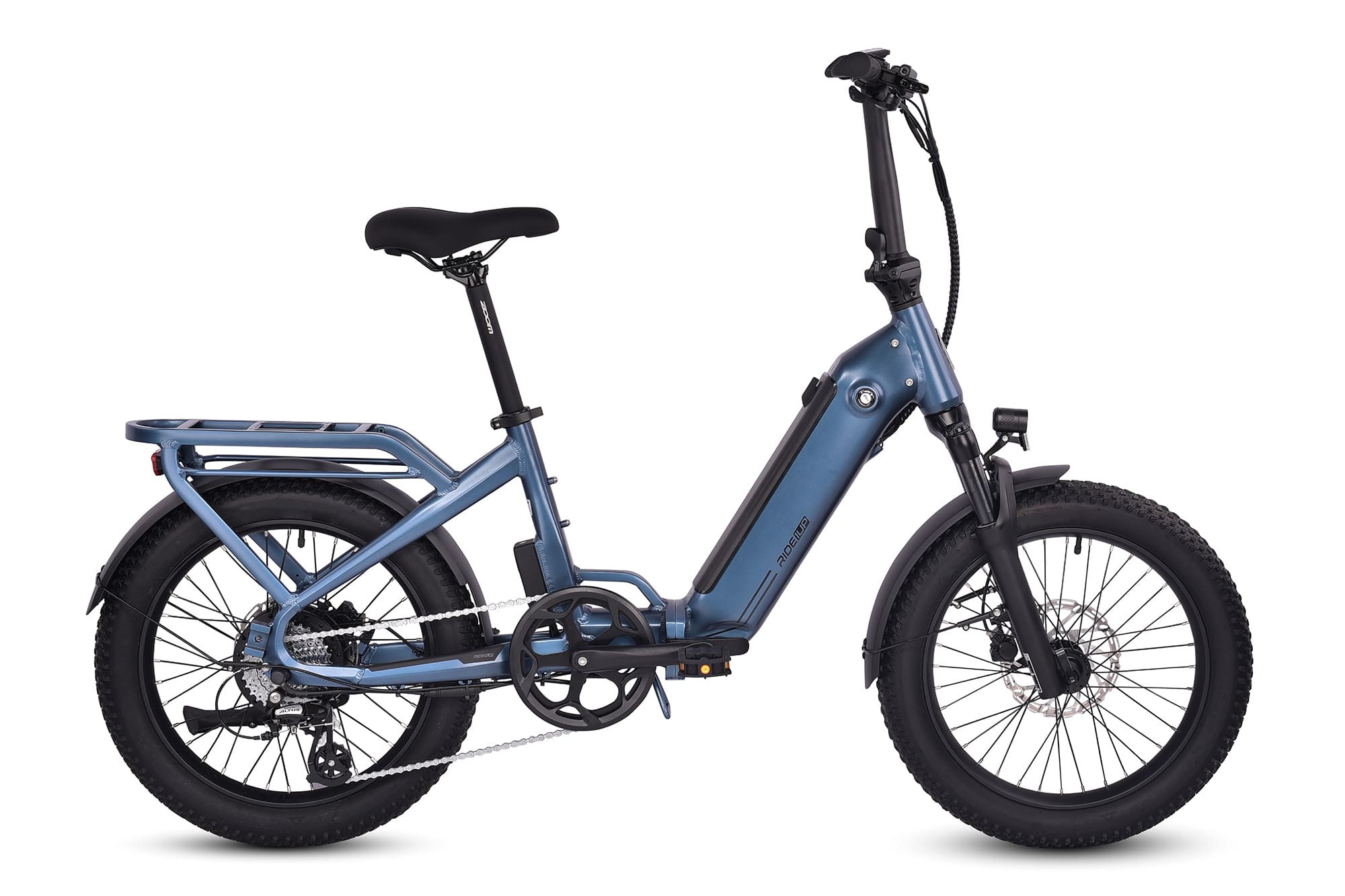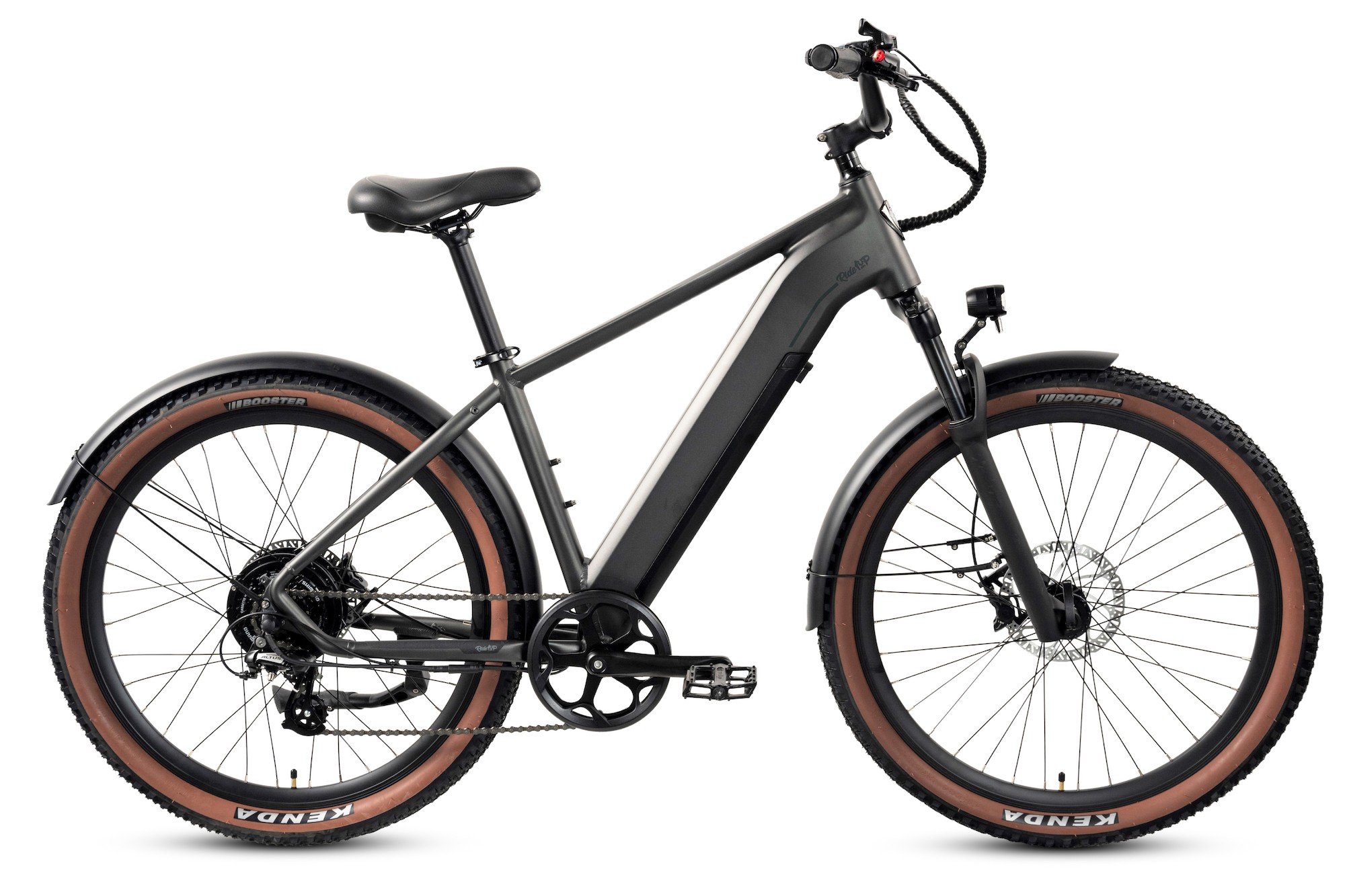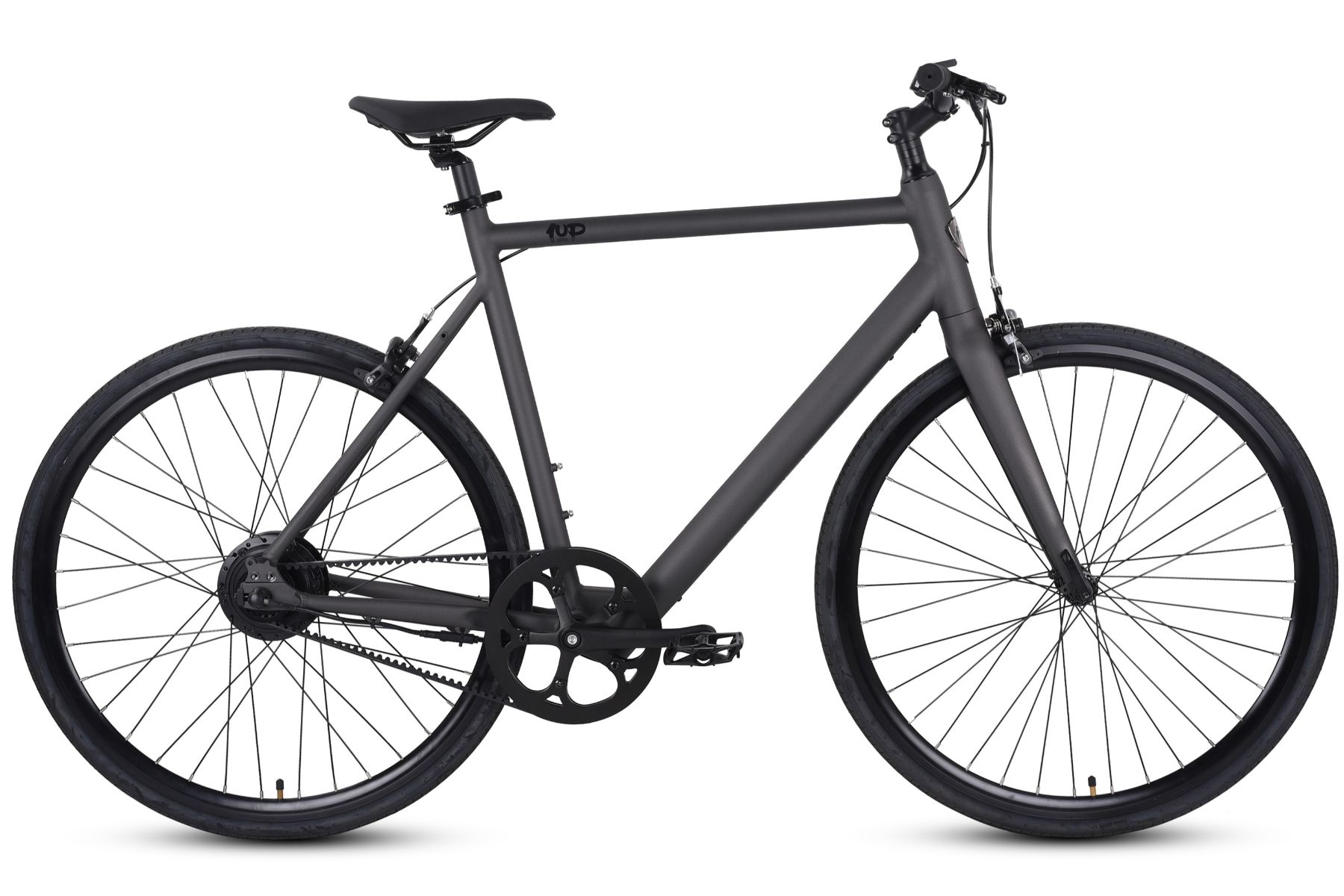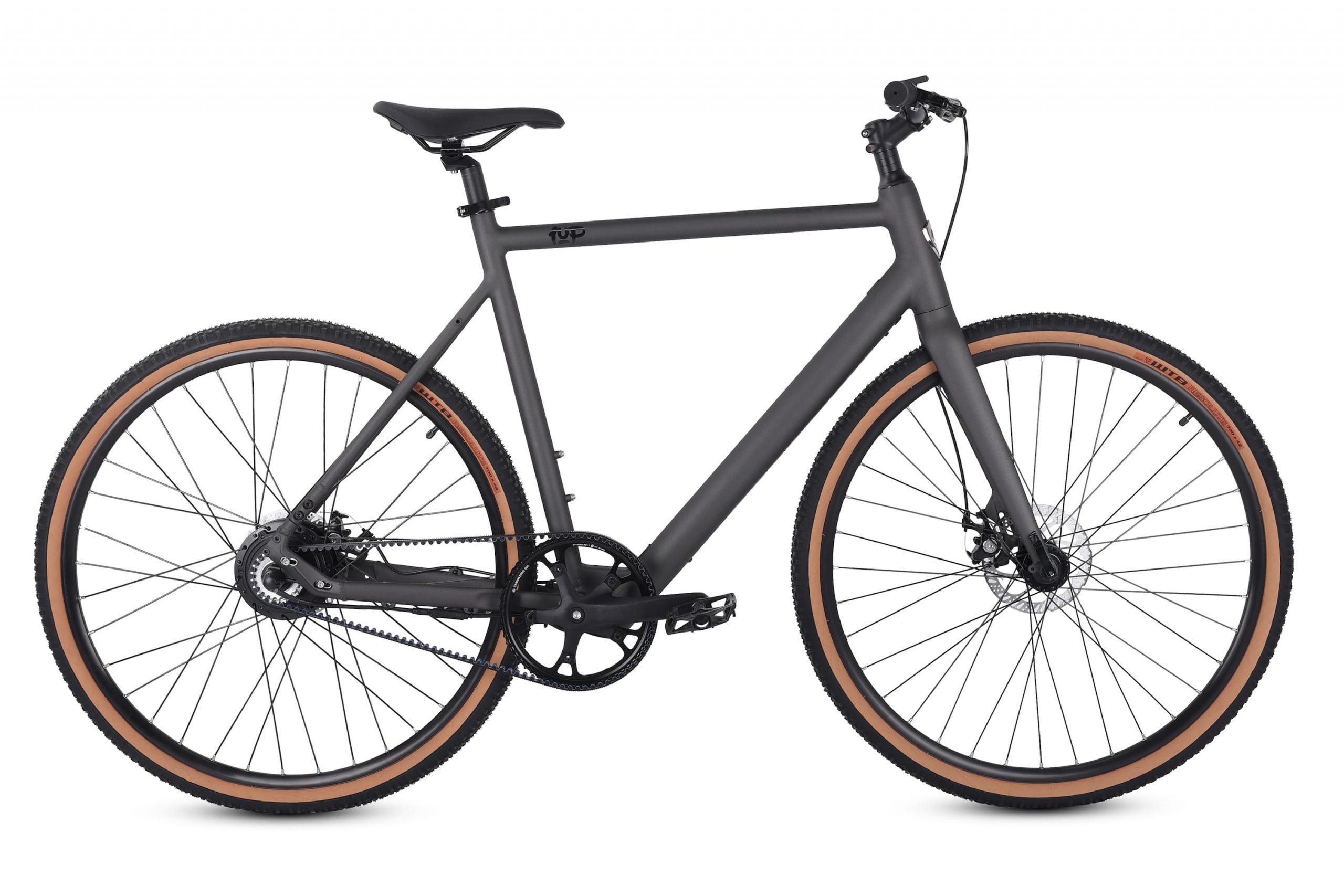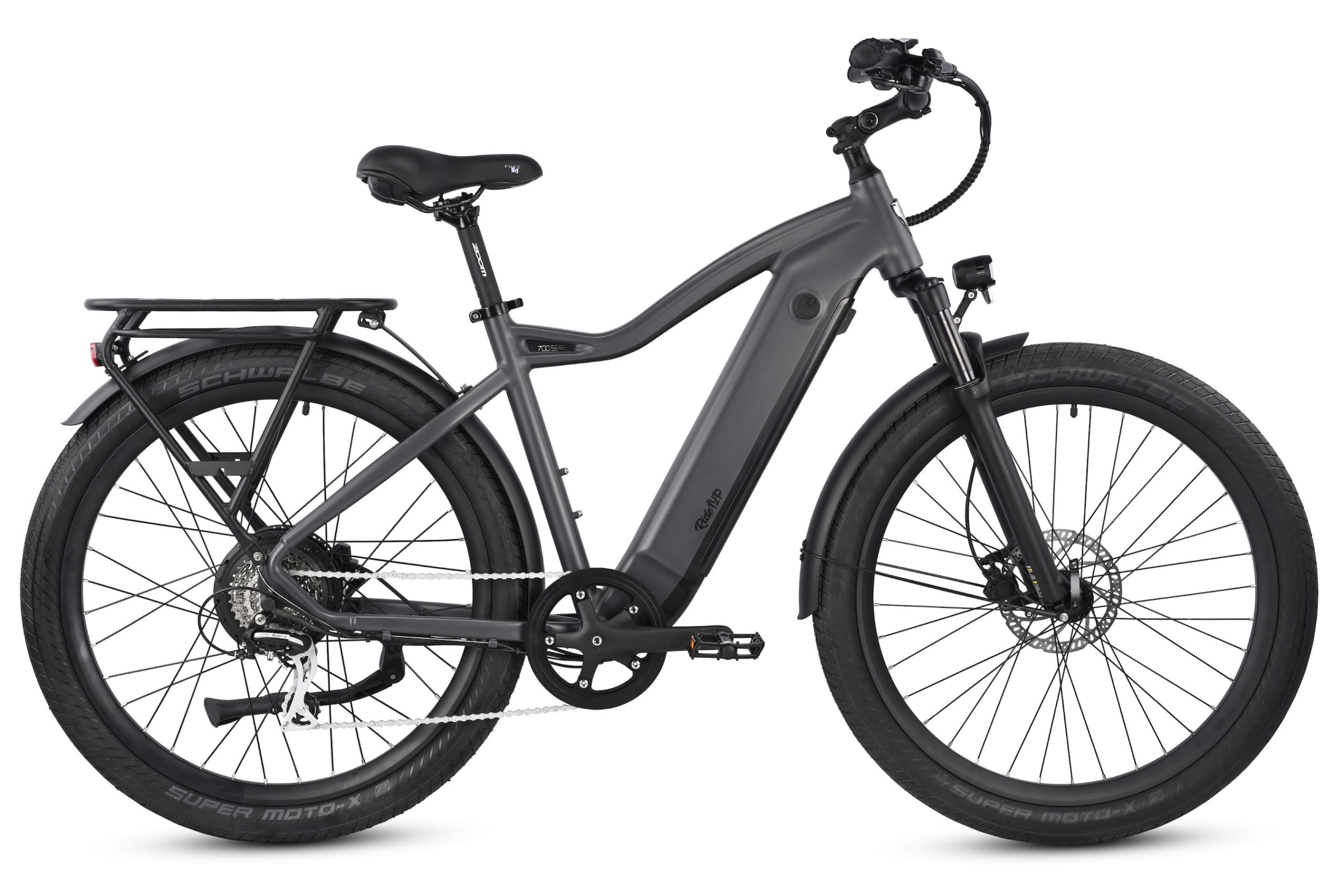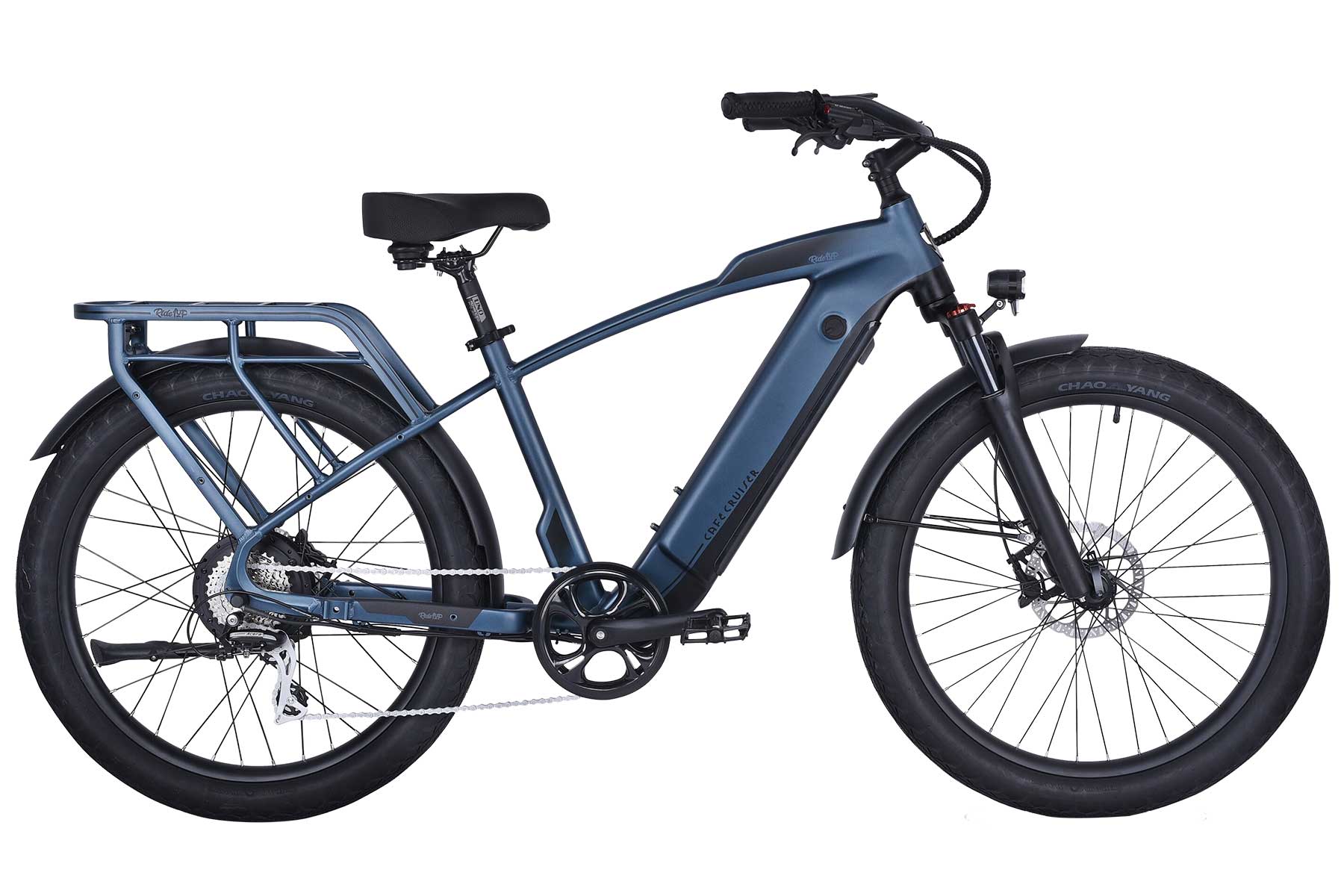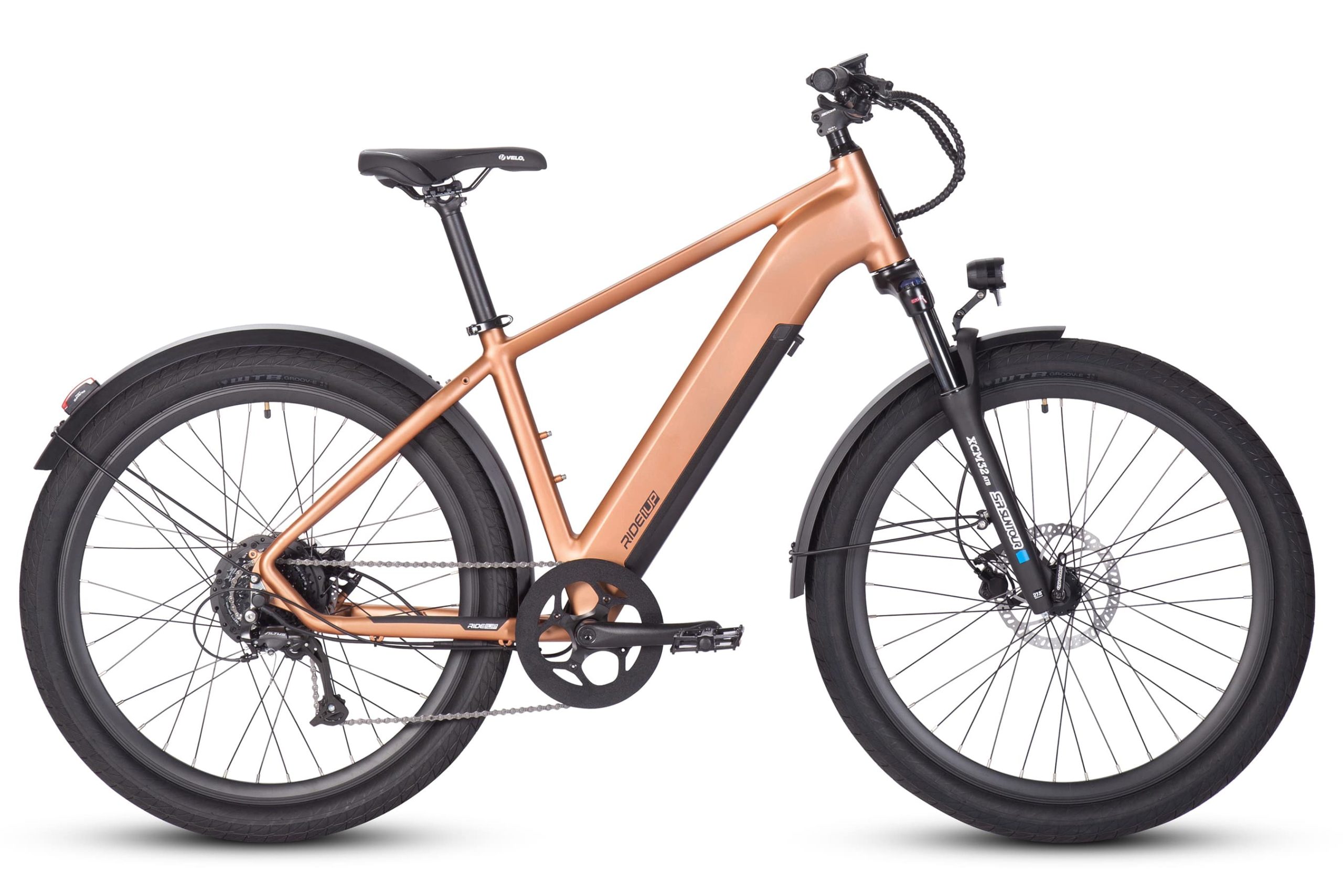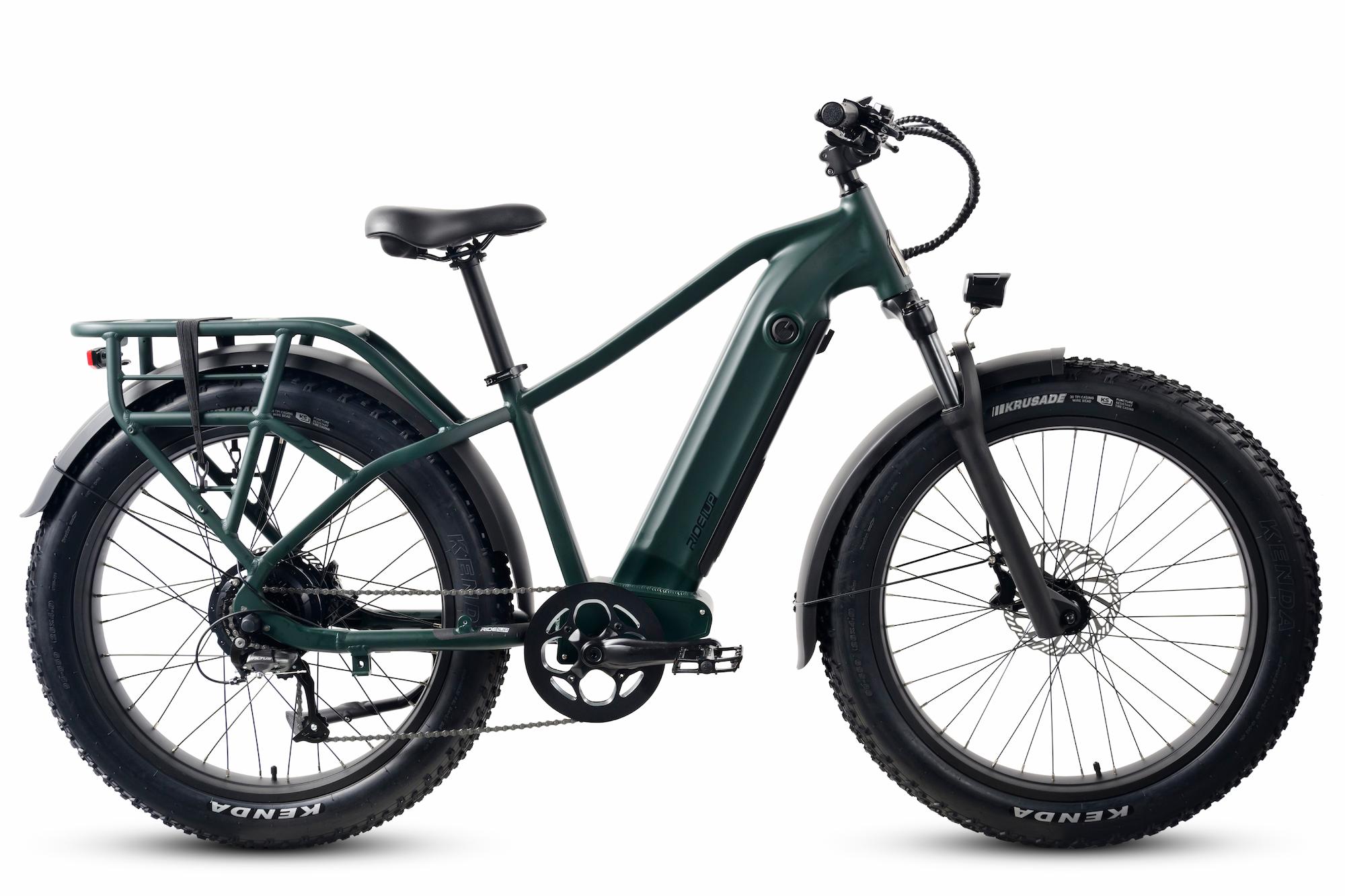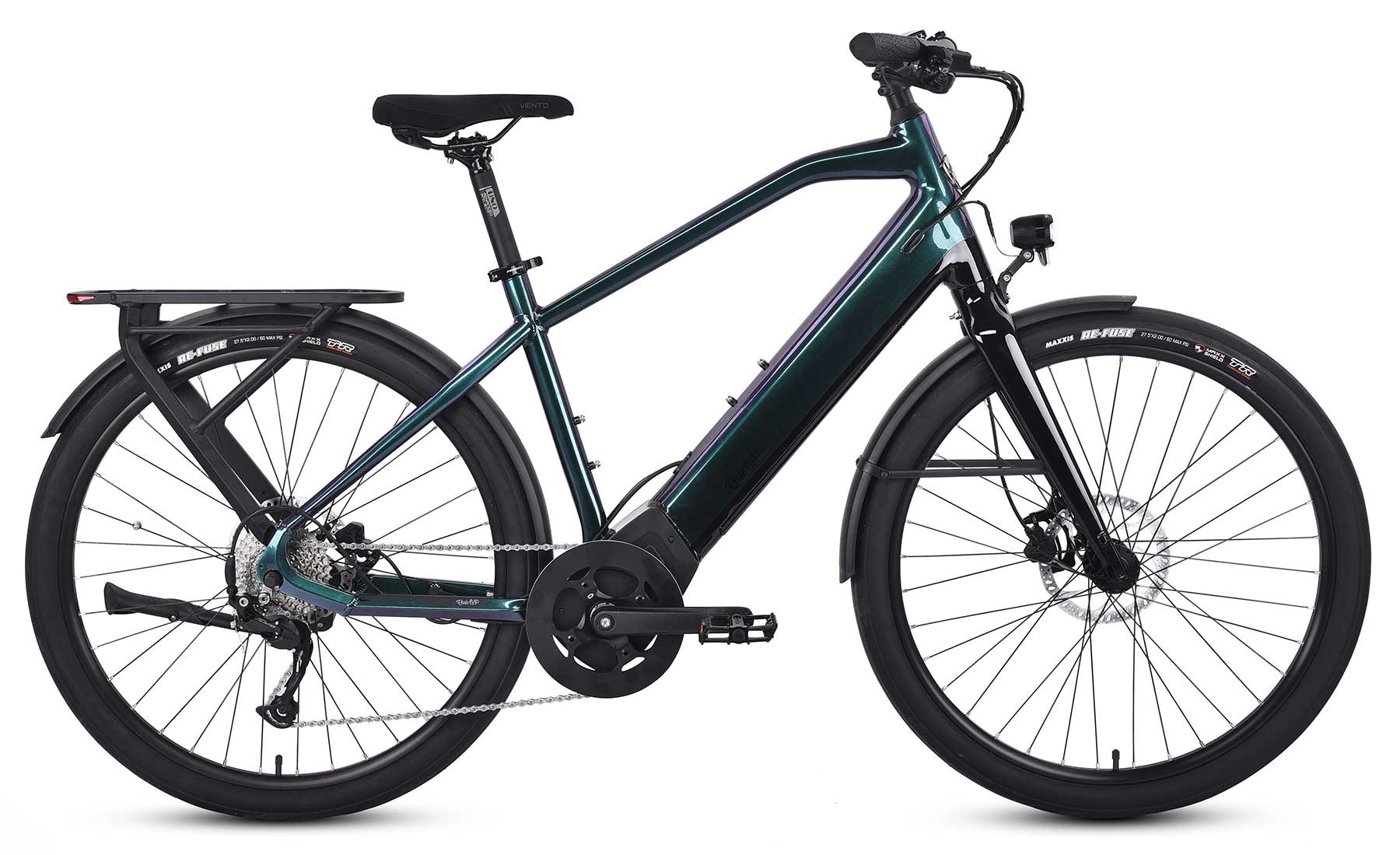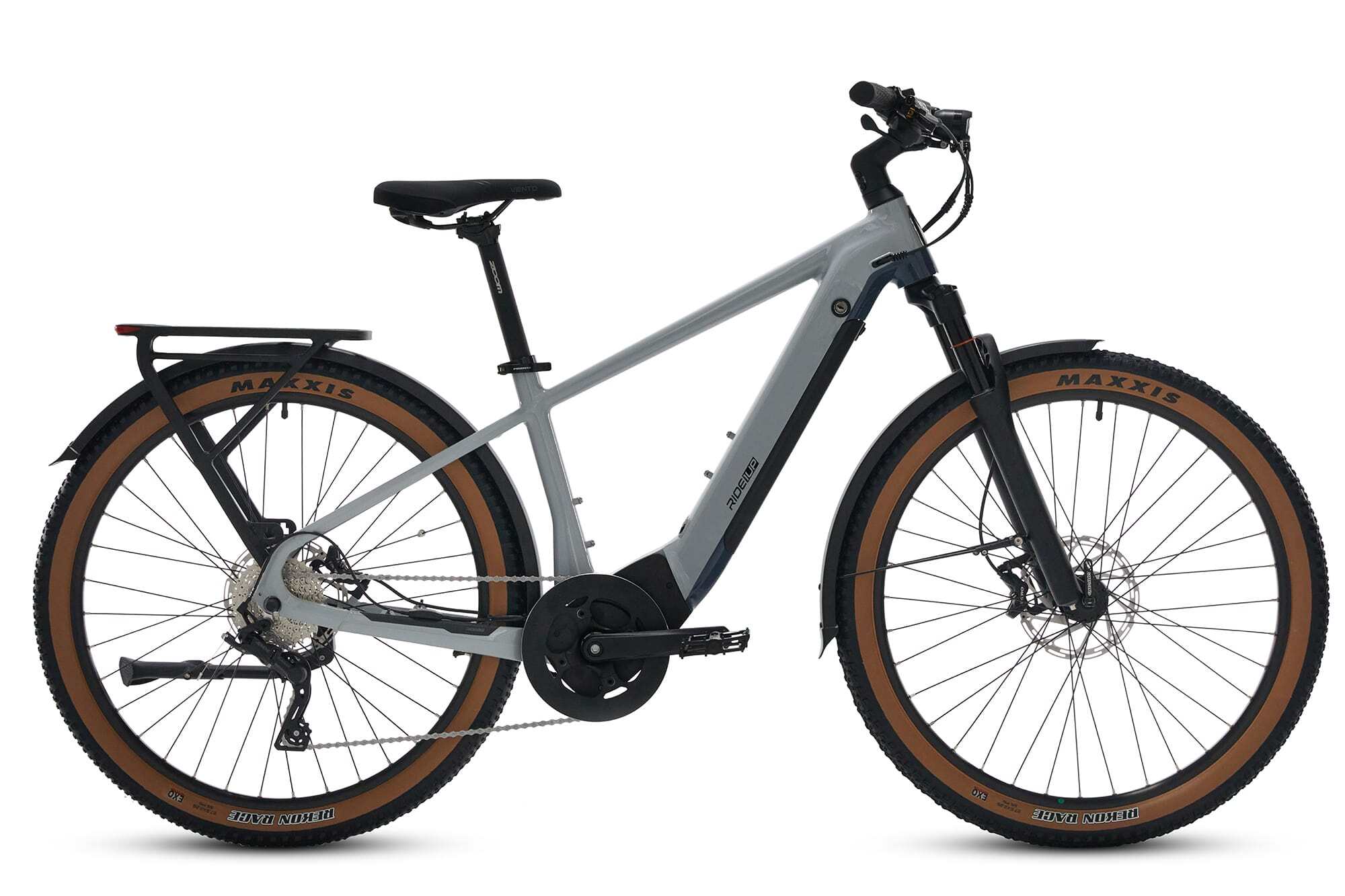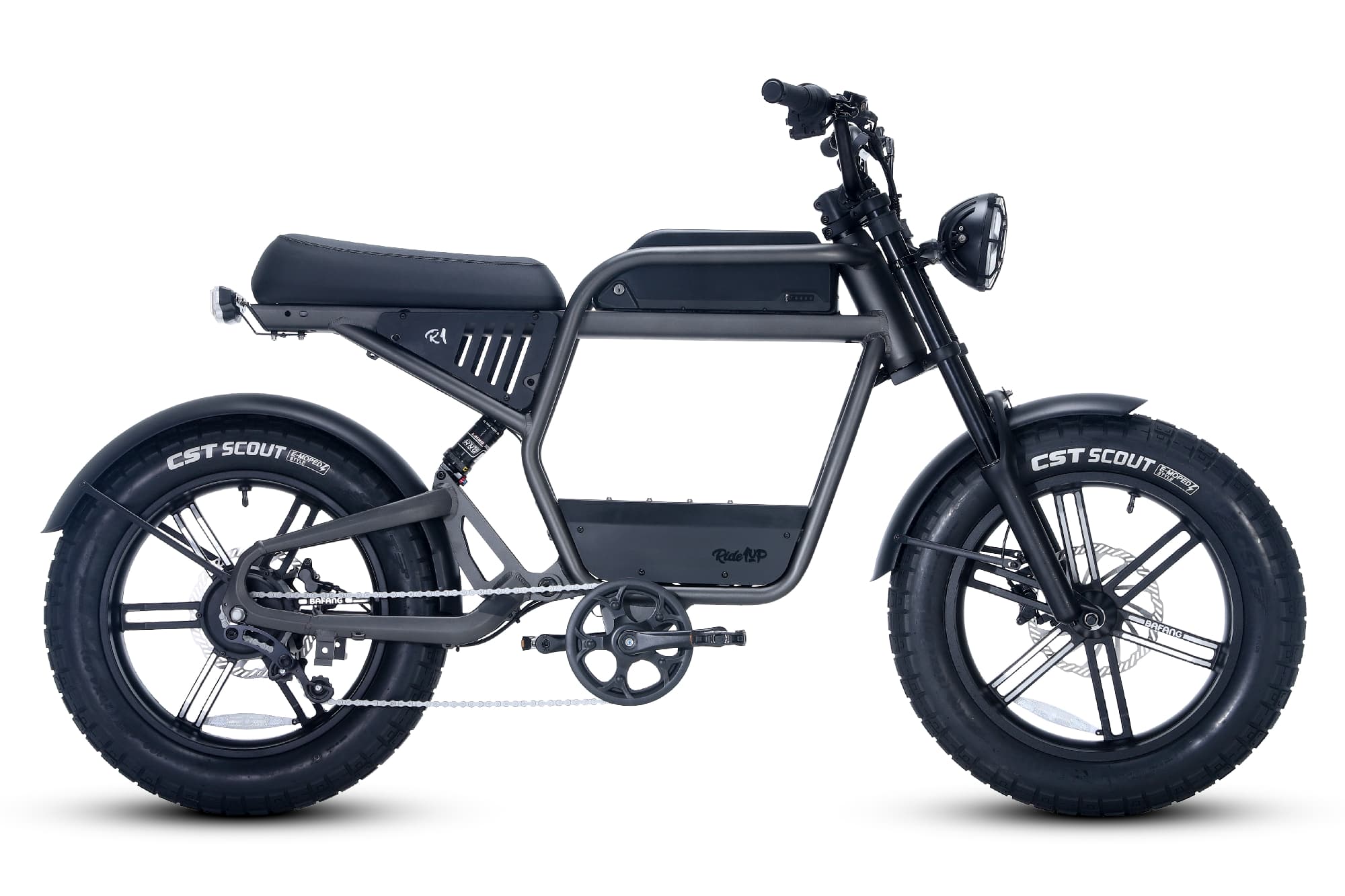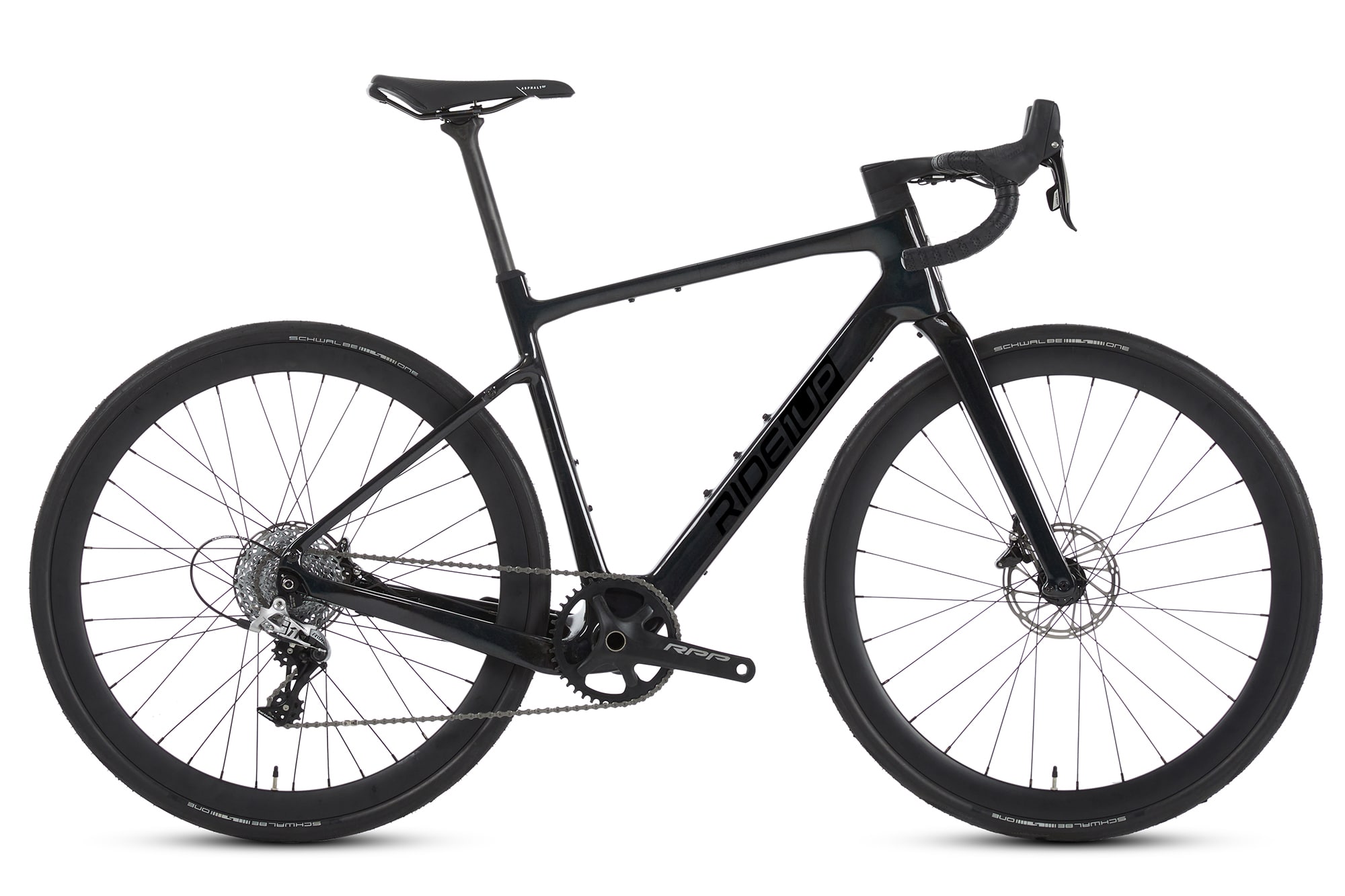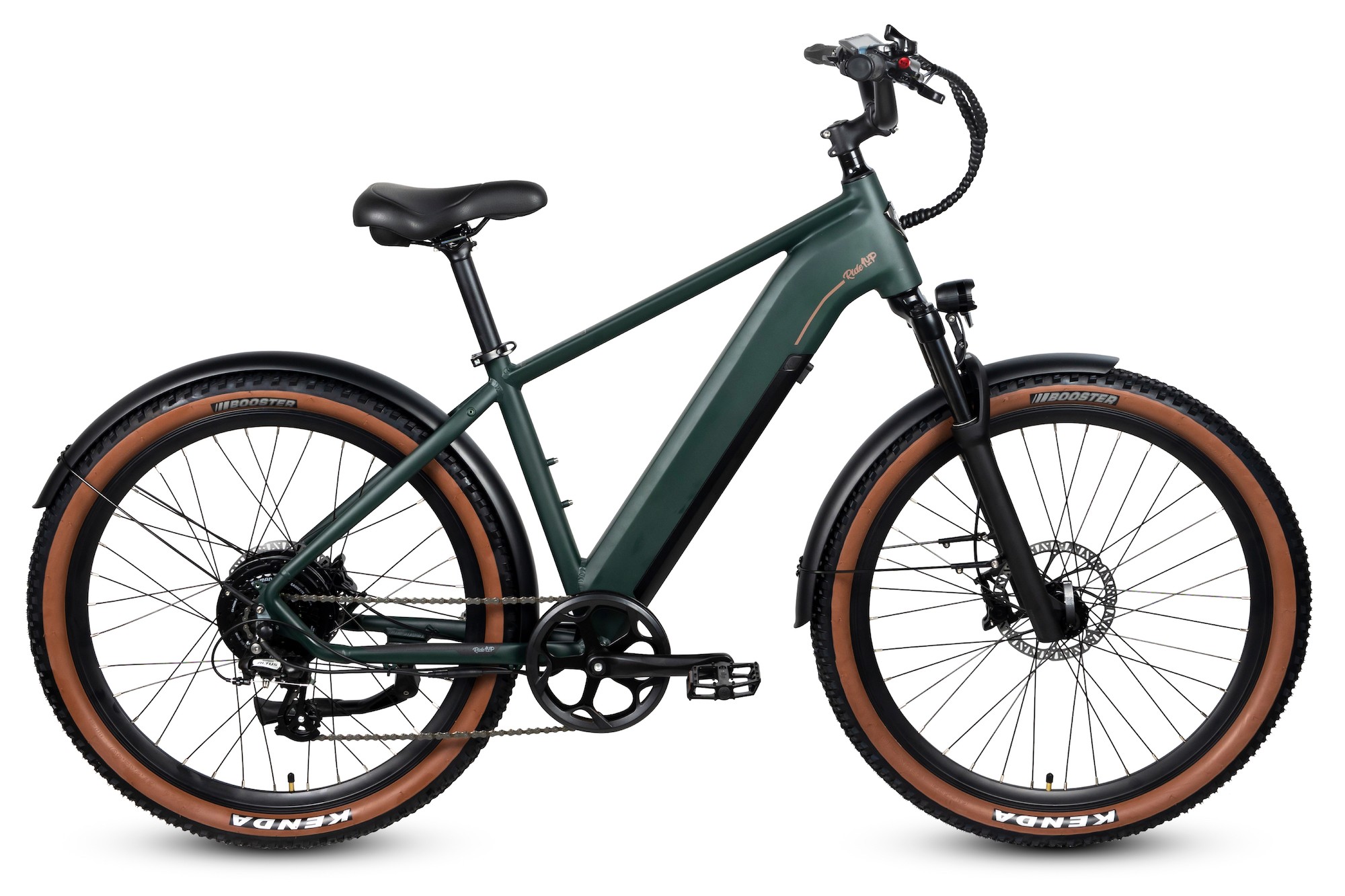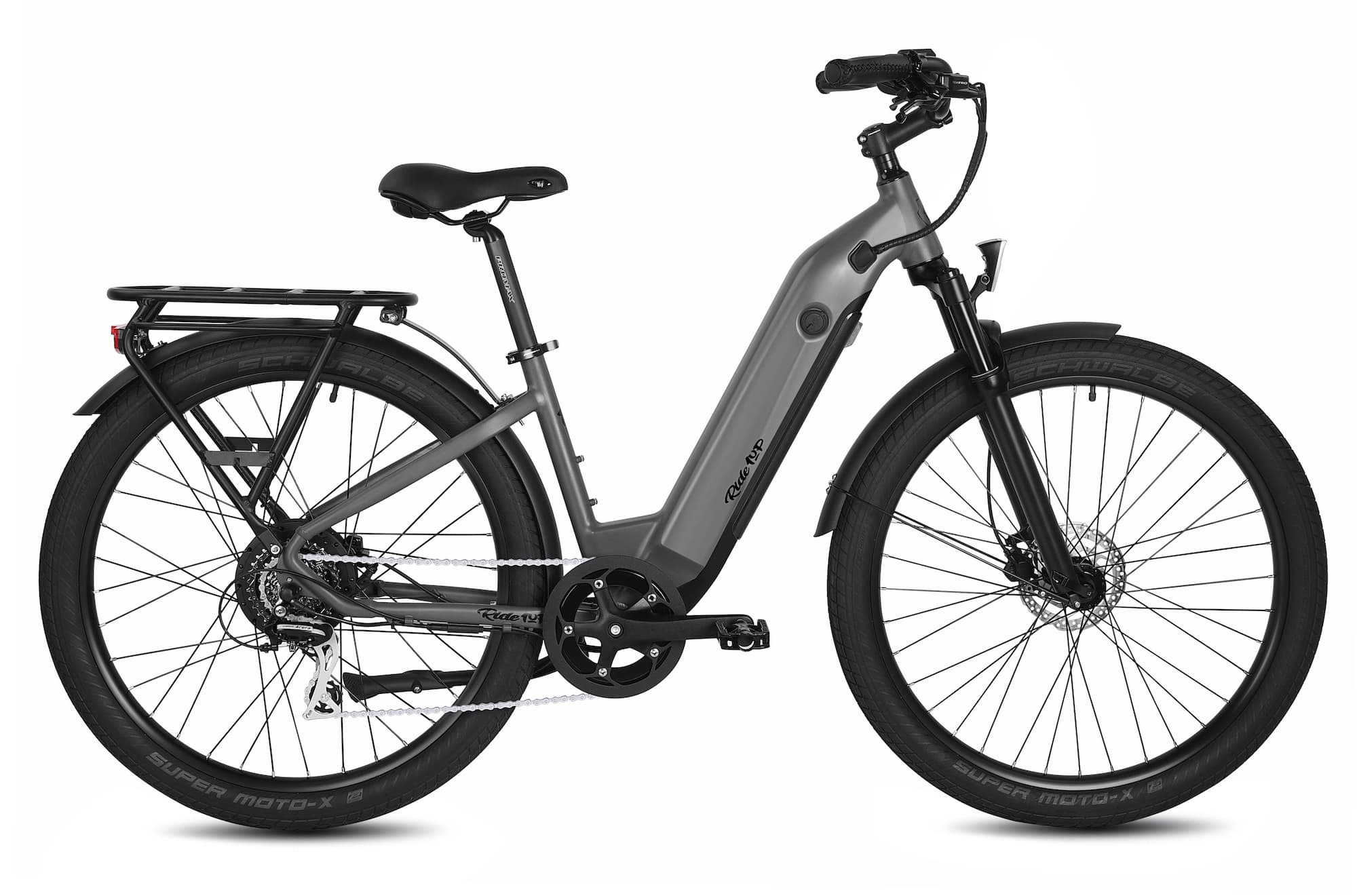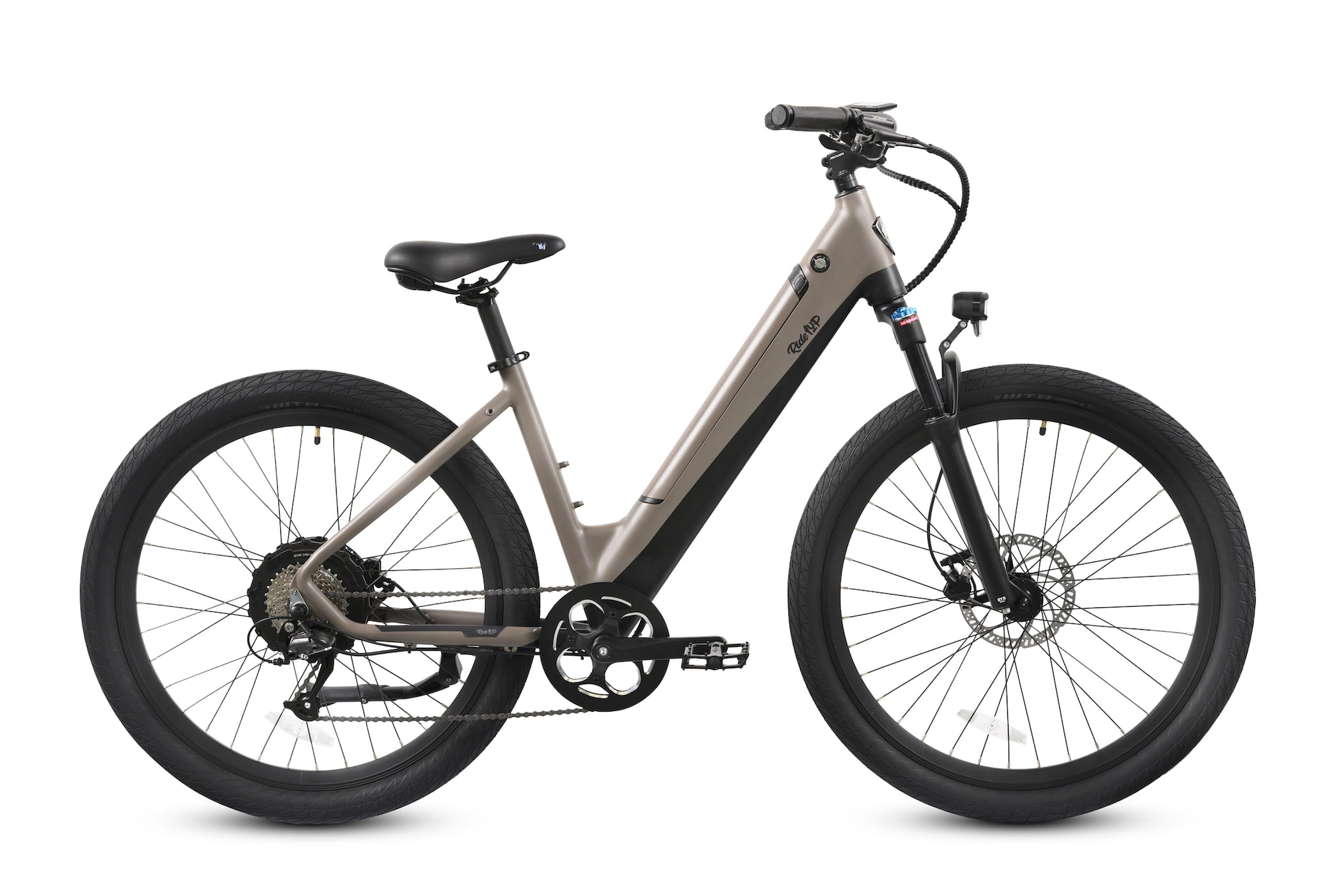Do Electric Bikes Need to Be Registered?
January 30, 2023
Electric bike popularity has risen by a massive 80% in the past two years, and it’s clear they’re here to stay. If you are considering buying one of the best lightweight e-bikes, there are some questions you’ll need to consider. On a practical level, questions regarding performance may be high on your list, such as knowing whether electric bikes charge when you pedal.
With so many e-bikes available on the market right now, you need to know how to navigate laws surrounding their ownership and which regulations apply to these vehicles. U.S. laws are not always straightforward, and registration requirements can vary from state to state.
E-Bike Registration Basics
In some states, such as Arizona, California, and Georgia, registration is not required for electric bikes that are powered solely by an electric motor and are limited to twenty miles per hour or less on level ground. Other states may require some form of registration depending on certain criteria, such as the type of bike or its motor size. For example, Massachusetts requires all e-bikes with a motor size over 250 watts to be registered and carry a plate number. Check if your electric bike fits into one of the exceptions listed under your state’s laws.
In states such as Florida and Michigan, electric bicycles can only be registered if they are equipped with pedals and an operable combination power system—both human-powered operation and an electrical power source. Other states specify different rules. New York requires both front and rear brakes on any bicycle to be registered, while California requires all e-bikes above 750 watts to have headlamps and rear reflectors, regardless of the age or type of bike.
To ensure compliance with local laws regarding the registration or licensing of your e-bike, we recommend checking with your local Department of Motor Vehicles. It can provide up-to-date information about any necessary documents that may need to be submitted to register an electric bike in your state.
It’s also worth noting that each state regulates maximum speed limits for e-bikes differently, too—some have no regulation while others limit them to speeds below fifteen to twenty MPH when used on public roadways and sidewalks. This information can also be obtained from your local DMV. Failure to do so could result in an unwanted fine or ban from using your e-bike, so we recommend getting up to speed with the laws of your state.
Final Thoughts
Our goal at Ride1Up will always be to help you find the perfect electric bike and to make sure electric bikes are safe and comfortable for all of our customers. We’ll also readily share our most up-to-date knowledge of state rules regarding e-bike registration, but we also urge our customers to check government websites in order to ensure they are fully compliant with the law and keeping themselves and others safe on the roads.


